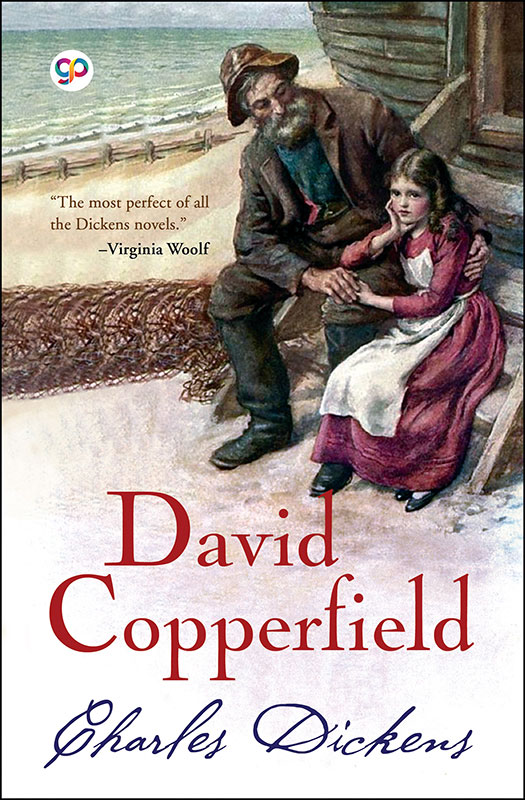Dickens' seventh novel, ‘David Copperfield’, appeared in 1850, by which time he was a British national institution. The story follows the life of David Copperfield, a young boy who is born six months after the death of his father, from childhood to maturity. David spends his early years in relative happiness with his loving mother and their kindly housekeeper, Peggotty, but when his mother remarries, David is sent to a lodge with Peggotty's family. His mother and her newly born child die, Peggotty marries, and since no one remains to care for David in London, he decides to run away, and he walks from London to Dover, to his only relative, an eccentric yet kind-hearted great-aunt. Many elements of the novel follow events in Dickens' own life, and it is often considered as his veiled autobiography.
It is a tale so luxuriant in setting, so fabulous in character, and so pure in intent that though it was written 150 years ago, we still cheer with David during his triumph and weep with him in his suffering.
"The most perfect of all the Dickens novels."—Virginia Woolf
"Like many fond parents, I have in my heart of hearts a favorite child. And his name is David Copperfield." (From the preface by Charles Dickens)





